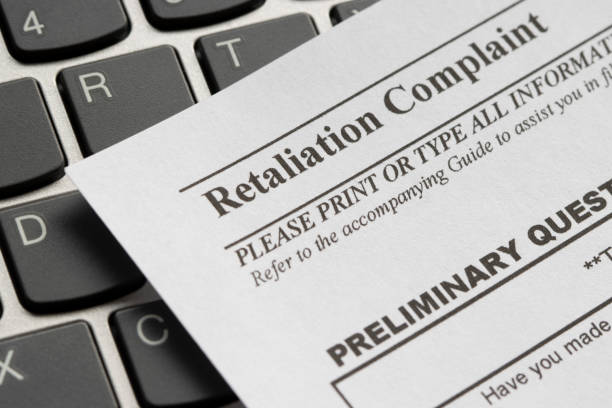The recent lawsuit filed by Blake Lively against Wayfarer Studios and director Justin Baldoni has put a spotlight on critical employment law issues, particularly regarding workplace investigations and retaliation claims. Regardless of how the case unfolds, it serves as a valuable reminder to employers about the importance of handling workplace complaints properly and the legal risks of retaliatory behavior.
Workplace Retaliation Investigation Checklist: Protect your organization and employees by following this essential checklist designed to guide fair, thorough, and compliant retaliation investigations.
Retaliation: A Serious Legal Risk
One of the key legal claims in Lively’s lawsuit is that she faced retaliation after reporting workplace misconduct. Even if allegations of sexual harassment do not result in a finding of wrongdoing, retaliation claims can still carry serious legal consequences.
Under federal and state laws, retaliation occurs when an employer punishes an employee for engaging in a protected activity — such as filing a harassment complaint. This can take many forms, including termination, demotions, exclusion from work opportunities, or even reputational harm.
In Lively’s case, she alleges that after reporting the misconduct, she was subjected to a calculated public relations campaign designed to damage her reputation. If proven, this could serve as an example of how retaliation can extend beyond direct workplace actions and into public and digital spaces.
The Importance of Proper Workplace Investigations
This case also highlights how workplace investigations should be conducted to ensure compliance with employment laws. Employers must take harassment complaints seriously, respond promptly, and conduct impartial investigations. Failure to do so can escalate legal liability and damage an organization’s reputation.
Best practices for workplace investigations include:
- Prompt action – Investigate complaints as soon as they arise to prevent escalation.
- Neutral investigators – Engage independent professionals to ensure objectivity.
- Confidentiality protections – Limit information sharing to only those directly involved.
- Clear anti-retaliation policies – Communicate to employees that retaliation will not be tolerated.
- Thorough documentation – Maintain detailed records of complaints, investigative steps, and outcomes.
Broader Lessons for Employers
While this lawsuit involves Hollywood, its implications extend to all workplaces. Retaliation claims often arise not just from terminations but from subtle actions that create a hostile work environment. Employers should be mindful that workplace obligations don’t end when an employee leaves; post-employment retaliation — such as public smear campaigns — can still lead to legal consequences.
Employers can protect themselves by fostering a culture of accountability, ensuring investigations are handled properly, and taking proactive steps to prevent retaliation. By doing so, they not only comply with the law but also create a safer and more productive work environment.


Recent Comments